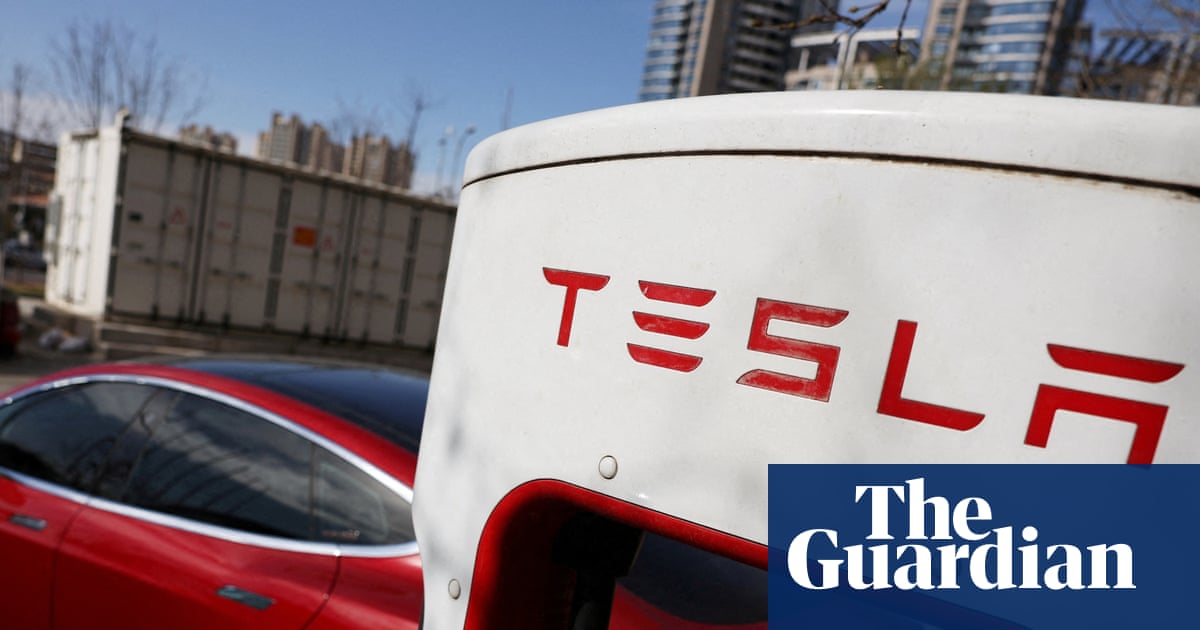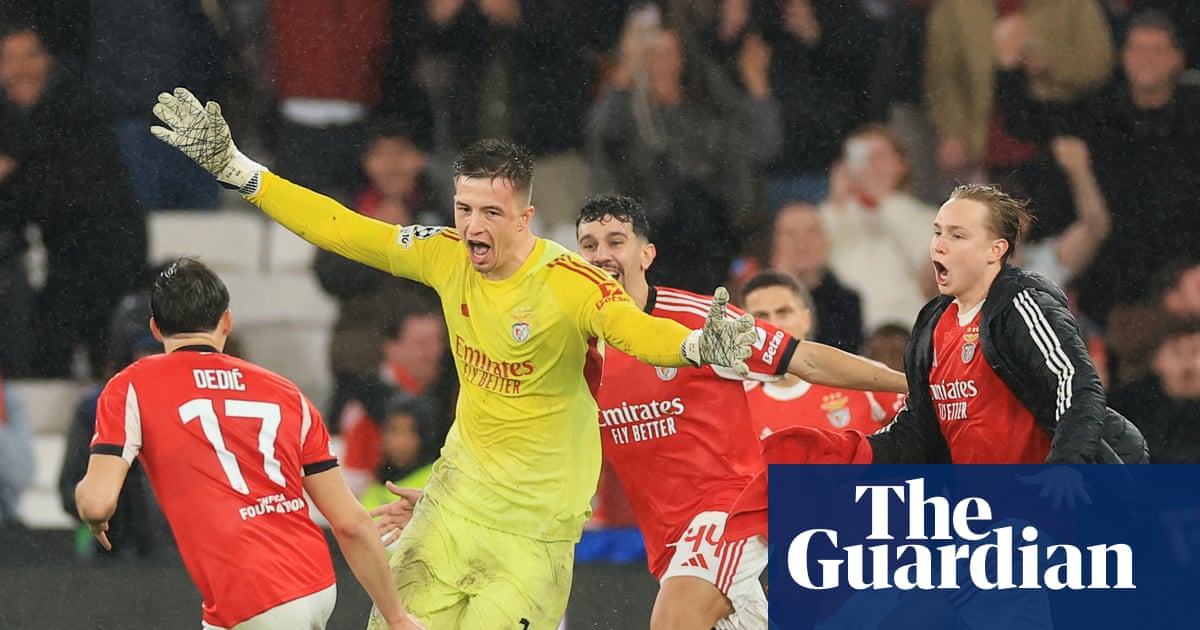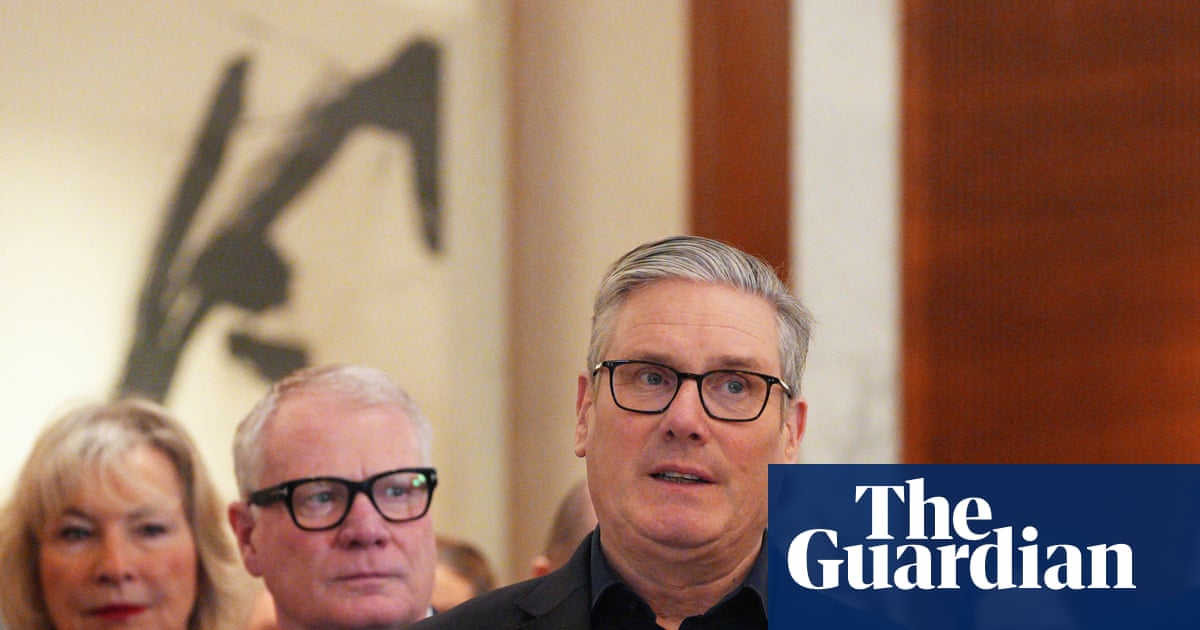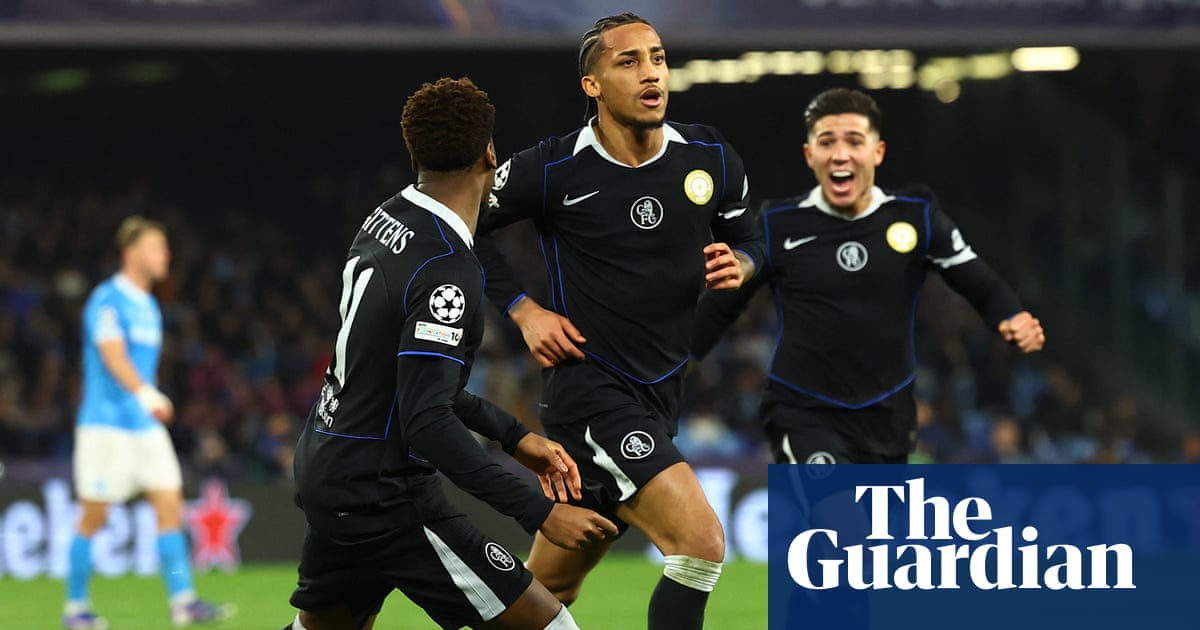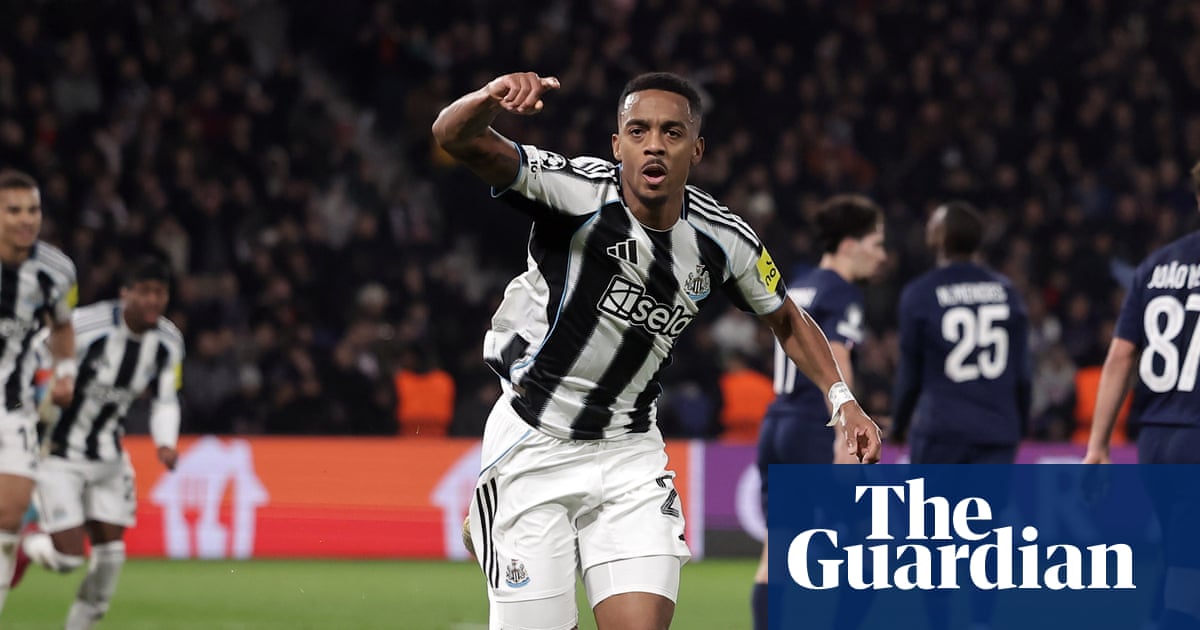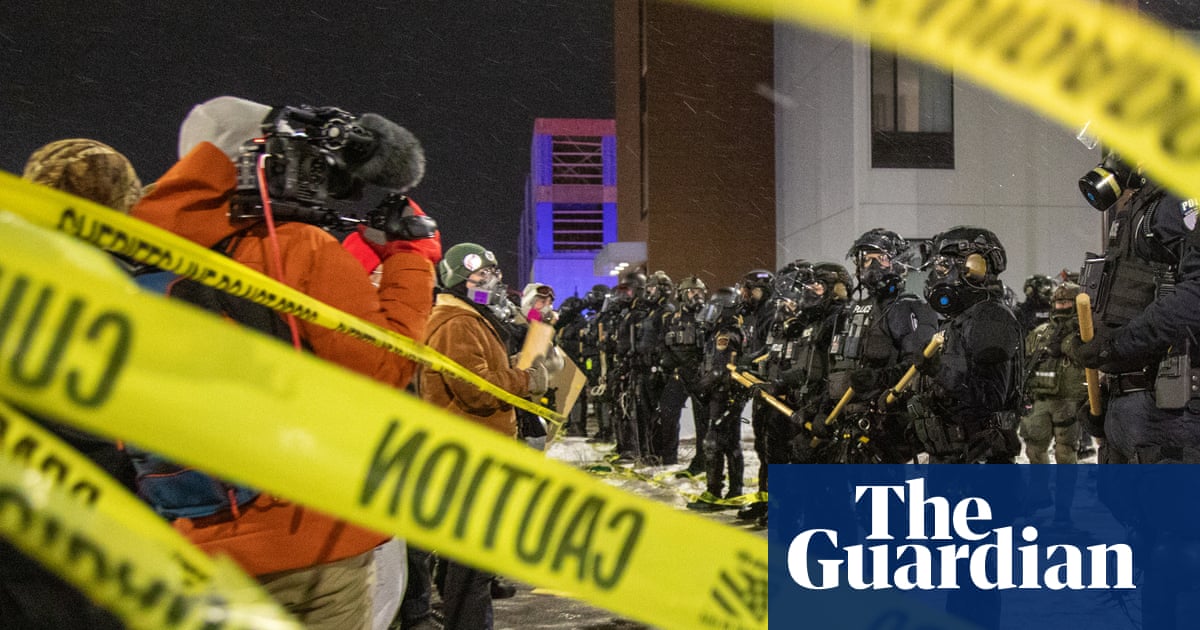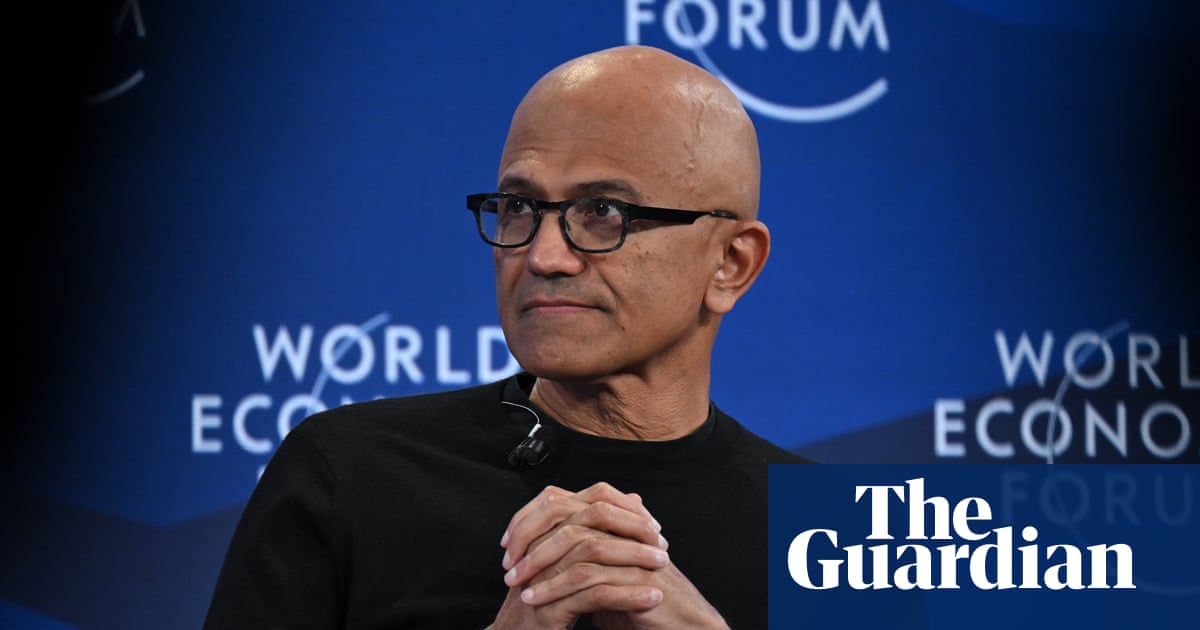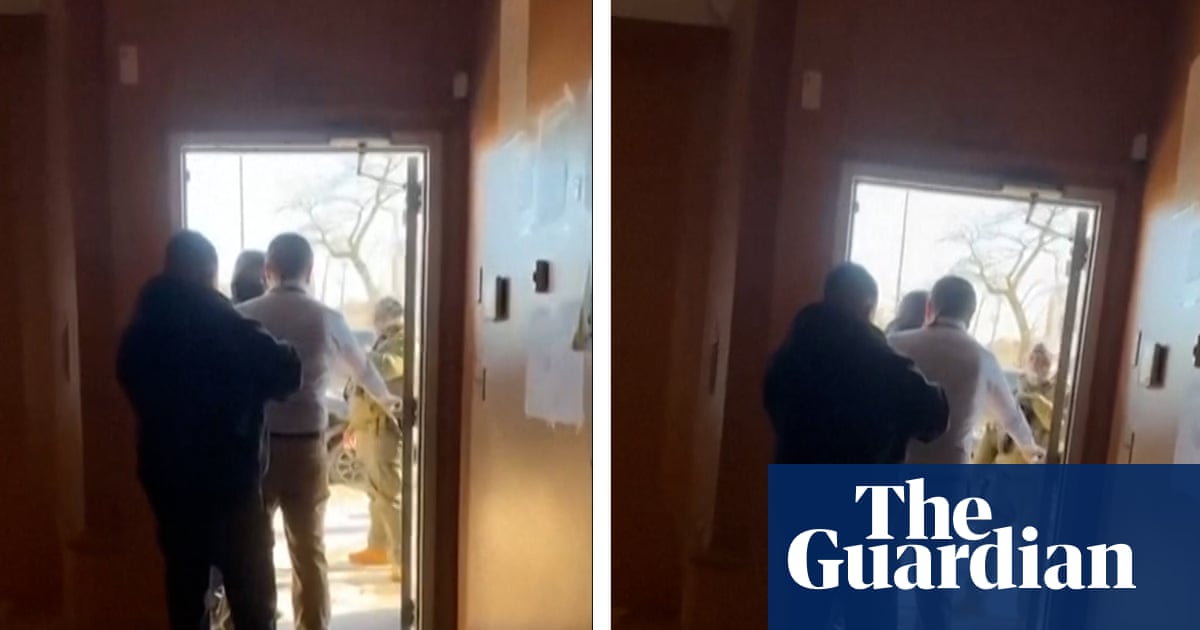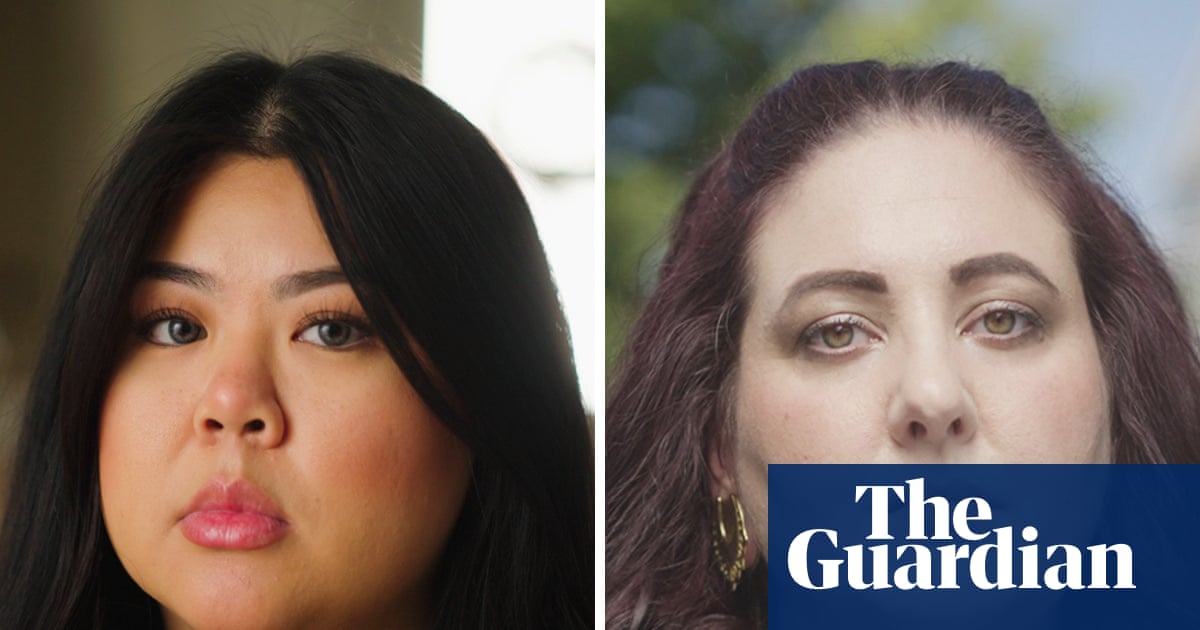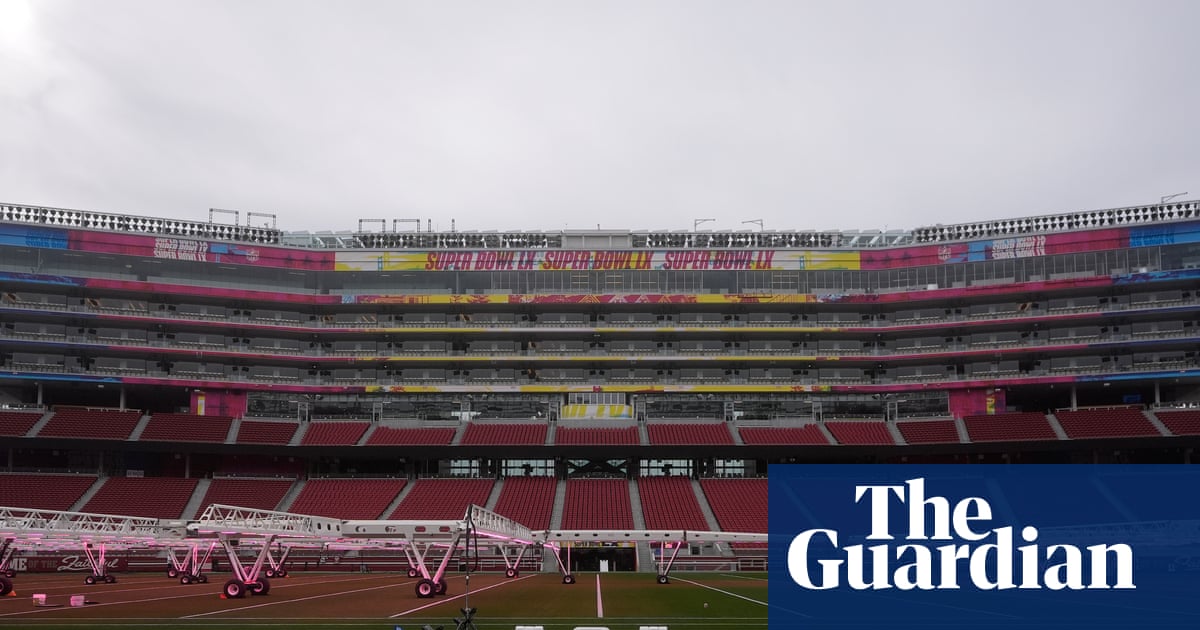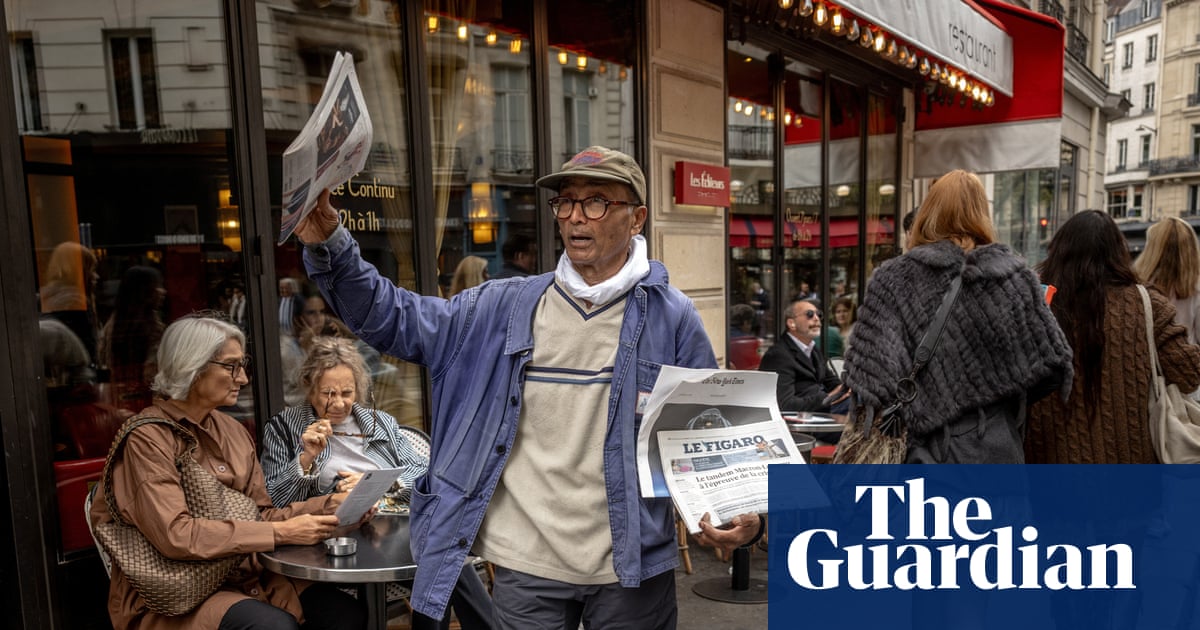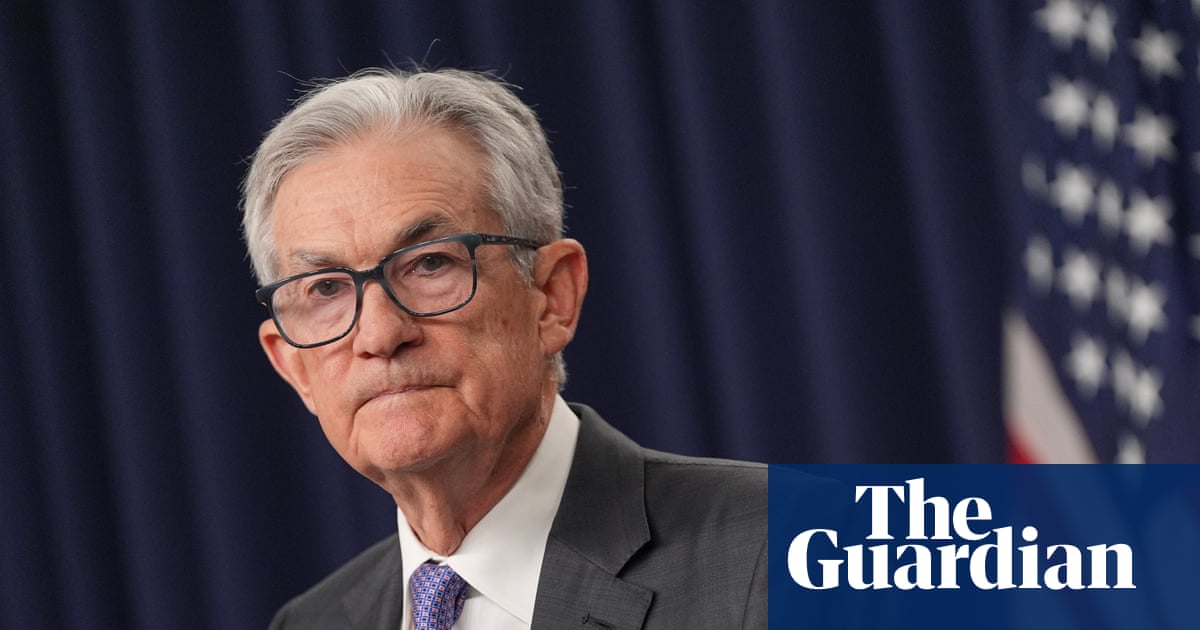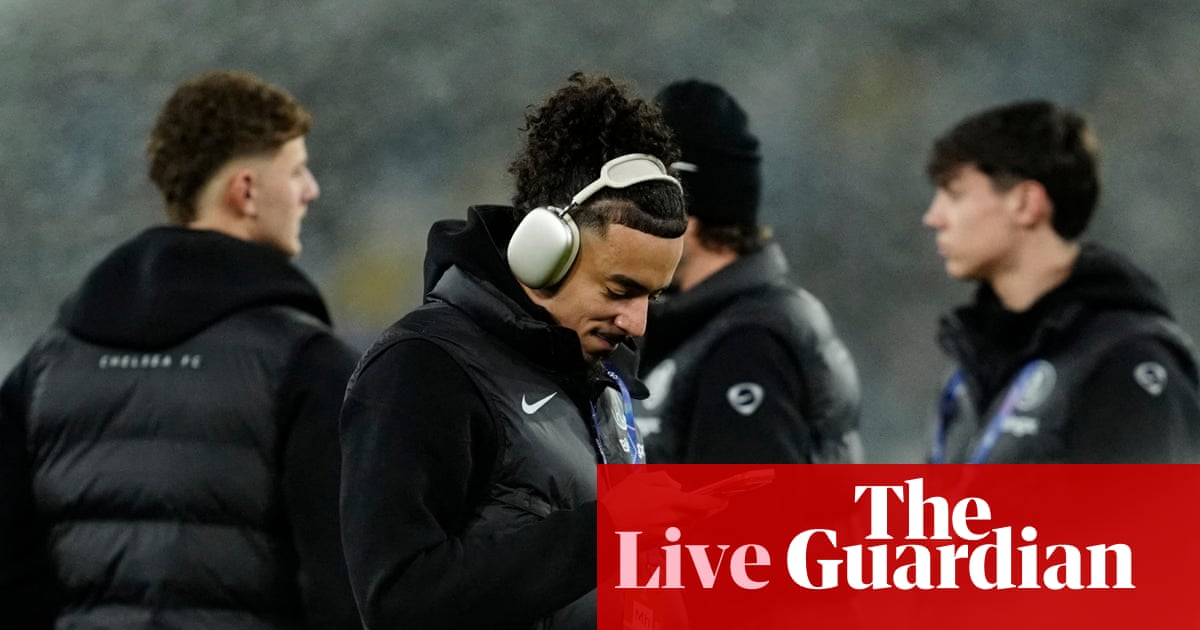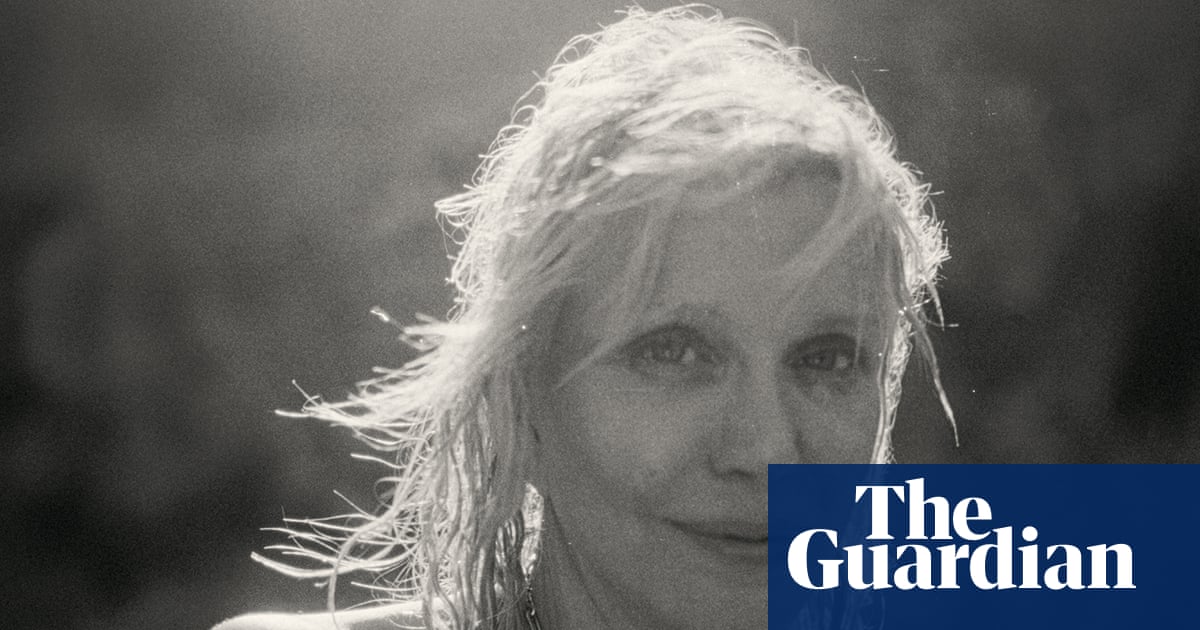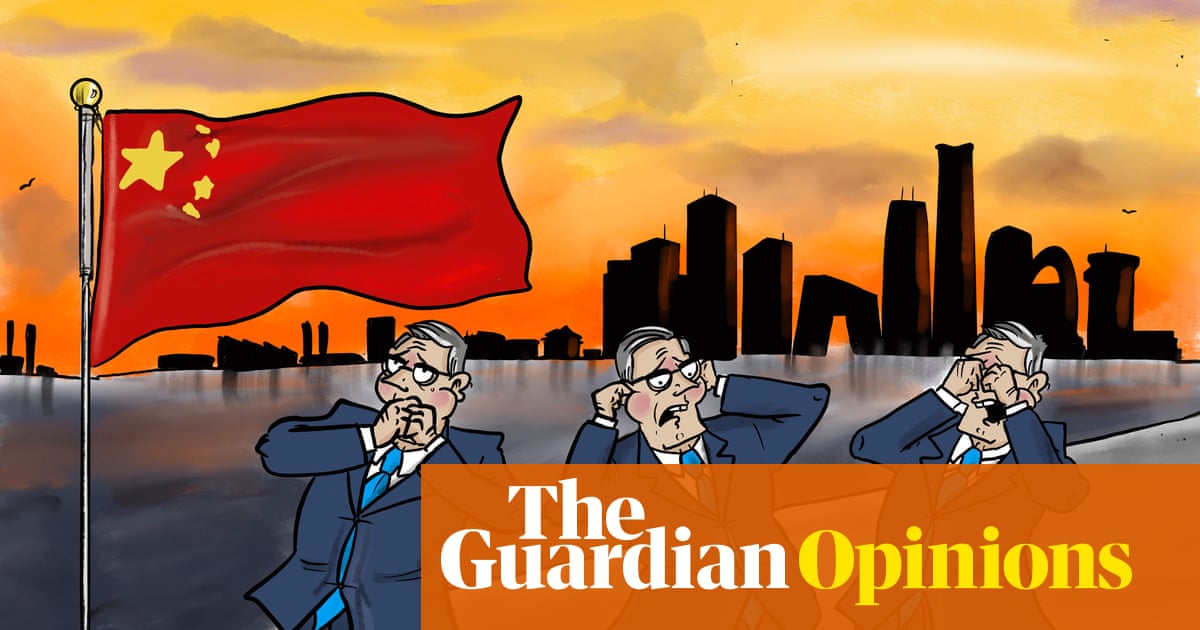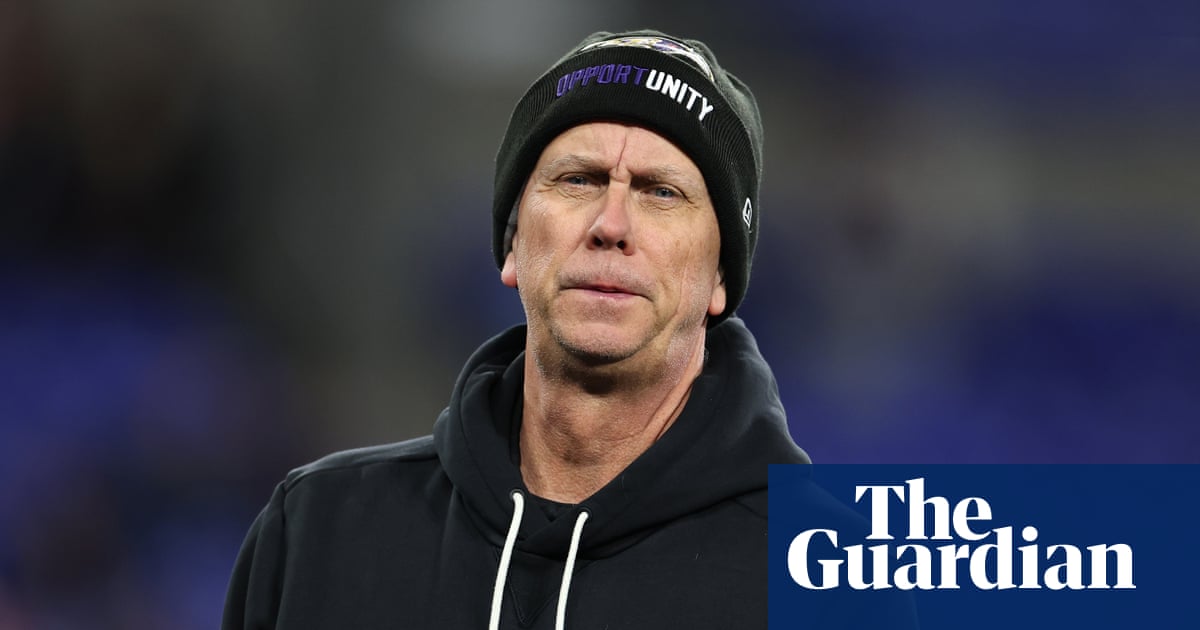When Donald Trump declared Portland, Oregon, “a hellhole” overtaken by “the Radical Left’s reign of terror”, Portlanders took to the streets not as an angry mob, but as frogs. They showed up in inflatable costumes by the dozens. Clowns came out dancing. Naked cyclists rode among unicycles, chiming bike bells and honking rubber horns. A band of gray-haired banjo players incited not a riot but a folk-song singalong. It seemed that the more absurd the accusation, the sillier the response.
As the attacks on democracy and mischaracterizations of millions of Americans become more extreme, the reasons for outrage grow. Reading the news is infuriating. But while anger can temporarily mobilize us, it is exhausting and disempowering in the long term. Constant rage doesn’t feel good to most of us. As we buckle into this new normal of uncertainty, I’m glad to see we’re showing up with creativity, humor, music, all tools that are central to who we are and how we cope. The administration’s performance of power and control are being met not with protest: but with play.
In childhood we play to become who we are, and in adulthood we play to express and sustain who we are. To be playful in this moment in history is not to take it lightly. In fact, the seriousness of this time requires a resilience learned and practiced in play. I’m not proposing we pause the work of defending our rights to play as a kind of self-care, or that joy is in and of itself a kind of resistance. I’m proposing that a playful mindset will make us more agile amid the unknowns, and resilient through adversity. Through play we actively cultivate the skills we need to persevere through uncertainty.
Uncertainty is not something we’re going to fix. Kristalina Georgieva, head of the IMF, said last week, “Buckle up: uncertainty is the new normal.” Comfort with uncertainty can be learned in free play – an activity that is freely chosen, personally directed and intrinsically motivated. This is the type of play I advocate for in my work as a toy and playground designer. In the two decades that I’ve been at it, countless adults have asked for my help in reconnecting with their playful nature. Grownups need play too, especially now. A playful mindset helps us release judgment, embrace possibility and reframe success. Plus it feels good. All of these can be strategies to cope with the unfamiliar place the world finds itself in.
As a queer person of indeterminate gender, I’ve had no shortage of reasons to be outraged. I’ve been denied equal rights, discriminated against, and physically assaulted for who I am, which is reflected in how I look. Like many with similar stories, I persist. We find each other on dancefloors and parties, as marginalized people have done for millennia. Queer people have always used play as protest. The Stonewall Uprising was a reaction to oppression; we mark the occasion with a parade. To honor our elders and peers – their struggle and pain, their joy and love – we play. We gather, we dance, we dress up, we mourn and celebrate. Our play is how we both experience our resilience and express it. It’s how we reject mischaracterizations that seek to shame and silence us. Play is how we resist. I’ve carried this deep certainty of play’s essential value into my work as a designer and educator. By helping people – both children and adults – access the richness of free play, I know that I am also giving them a tool to express freedom.
Last weekend, I joined millions who took to the streets for No Kings rallies. Many of us, whether inspired by the response modeled in Portland or led by our own instincts, showed up playfully. Participants were encouraged to wear yellow, a tall order for New Yorkers, known for wearing black. Among the sea of odd and creative combinations of yellow dress, I saw inflatable animals of various species, papier-mache caricatures, Muppet costumes and superheroes. There was a band playing Yankee Doodle with kitchen utensils. There were aliens offering to take us to their leader and drag queens with “No Kings” sashes.
I strapped a vintage toy to my head because it seemed like the right thing to do, and walked with a brigade of clowns. I asked them, “Why clown today?” and heard the following:
“Clowning is how I access childlike wonder, joy, and positivity.”
“The nose is how I reject the dehumanizing things going on, and invite others to join me.”
And my favorite – “It’s what I had.” She may have meant “This is the costume I had”, but I took it to mean, “This is the tool I have on hand.”
As we inched past Penn Station, the clowns reminded me of the importance of being playful for those who need positivity and wonder, but who can’t access it in the midst of trauma or duress. I’ve met clowns who work in refugee camps and hospitals; some are volunteers and some work for the government in countries who fund such things. At this rally in midtown Manhattan, the clowns were met with elation and glee. I heard “thank you” more than a few times.
One particular moment at No Kings will stick with me. Peppered among the protest signs, which ranged from denunciations of ICE to “You know it’s bad if New Yorkers are walking this slowly”, I noticed a group handing out bold-lettered badges that read simply, “NOT OK”. It’s true, we are not OK. Our neighbors are forcefully disappeared from the streets, our cities are threatened with martial law, our bodily autonomy is under direct attack, and any legal recourse is risky and hobbled. For those of us who oppose the program of this administration, every day comes with a flood of overwhelming and despairing news. Yet here we were in the middle of 7th Ave, basking in the warmth of sunlight and strangers, as a clown offered their own red nose in exchange for another demonstrator’s NOT OK badge. Both protesters laughed and added each other’s precious gifts to their costumes. Tools for the revolution.
-
Cas Holman is a Brooklyn-based designer, inventor, and author of Playful: How Play Shifts Our Thinking, Inspires Connection, and Sparks Creativity

 3 months ago
46
3 months ago
46
